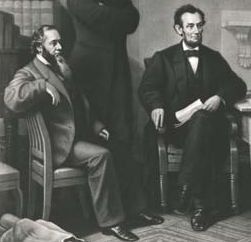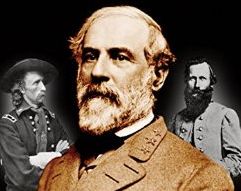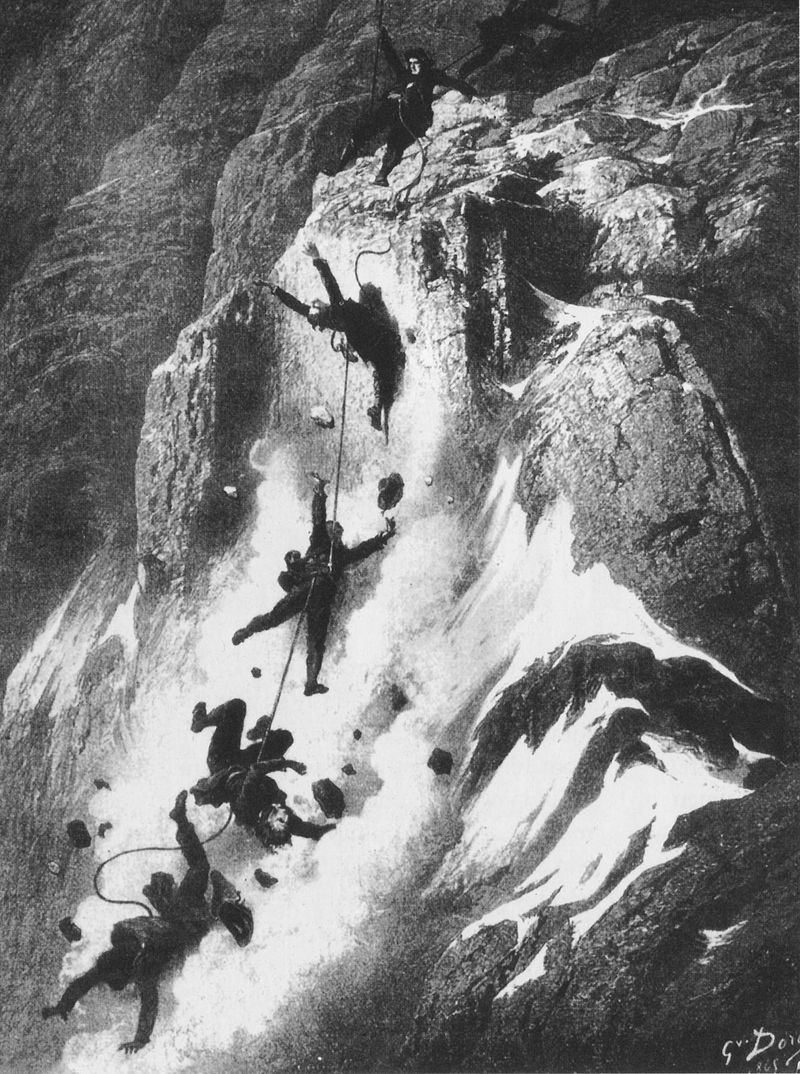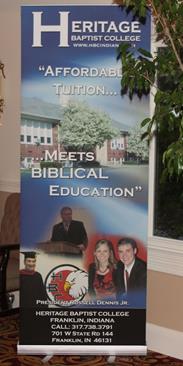No Time For Grudges

As he assumed the office of President of the United States, Abraham Lincoln worked skillfully with leaders to form his Civil War cabinet. Many were shocked when the Republican President appointed for the office of Secretary of War, the Pennsylvania Democrat, Edwin Stanton. The choice was even more remarkable, considering that years before, Stanton had openly humiliated, then attorney Lincoln, calling him a "long armed Ape."
Abraham Lincoln was more driven by accomplishing the goal of preserving the Union, than personal slight. He was known to say, "Perhaps I have too little resentment, but I never thought it paid. A man has not time to spend half his life in quarrels. If any man ceases to attack me, I never remember the past against him." To Abraham Lincoln, a grudge was a waste of resources.
Lincoln also handled criticism in similar fashion. Not attacking the critic, Lincoln would often brush aside the negative statement as ignorance. "I know more about it than them," he would say. (Von Drehle, David. Rise to Greatness. New York: Henry Holt Co. 2012. p. 47-48)
In the spiritual warfare that Paul addresses so amply in Ephesians 6, our adversary is not "the brethren." God equips us to battle the "wiles of the devil" (v. 11), and instead "pray and assist the saints (v. 18)."
What is Remembered?

During July 1—3, 1863, the Union army fought for its life at a city in Pennsylvania called Gettysburg. This battle would become the defining battle of the Civil War, and mark thebeginning of the end for the Confederacy.
That battle almost ended differently. In the recent book by Tom Carhart entitled Lost Triumph, the author documents the skillful leadership of General Robert E. Lee. On the pivotal third day of the battle, Lee's trusted general, Jeb Stuart, lead a cavalry end-around flank movement to strike the Union rear area. This attack was to silence the Union artillery and divide the Northern army during Picket's Charge.
Jeb Stuart, leading 4,000 mounted Confederates, came upon a smaller group of Union cavalry. After several skirmishes, Stuart's forces began their route toward the enemy's rear area. If Lee had realized his battle plan, the South would have experienced their greatest victory, and Washington D.C. would have been open to capture.
A lone Union commander led his small group of 400 horsemen head-on into the coming Confederates hordes. The close quarter fighting stopped the advancing Confederates who did not reach their objective.
Not realizing that Jeb Stuart did not silence the Union artillery, Lee released Pickett's Charge, resulting in 6,500 casualties that defeated afternoon.
Who was that young commander that led his small force against Jeb Stuart's 4000 horsemen? George Armstrong Custer receives the credit.
"In that light, it seems very reasonable to say that, at Gettysburg, Custer saved the Union." (p. 269) Yet, how is Custer remembered today: the bold defender of the Union, or the reckless, fallen, Indian fighter?
So an individual can perform great exploits for humanity or for God, but be remembered for bad judgement and defeat at the close of life.
After Success

The Matterhorn, the famous rock-faced mountain of the Alps, lies on the boundary between Switzerland and Italy. With a height of over 14,600 feet, the Matterhorn can be a climber's worst nightmare. Over 500 individuals have lost their life trying to reach the summit during the past 150 years. With its formidable pyramid shape, the Matterhorn was thought to be impossible to climb, and it became one of the last of the tall mountains in the Alps to be successfully scaled.
In 1860, several English climbers from the prestigious Alpine Club began attempts to conquer the mountain. Weather, falling rock, and the shear flat walls, turned back each effort.
One of those English climbers fixated on conquering the Matterhorn was Edward Whymper. After seven failed attempts, Whymper and his seven member team reached the summit of the Matterhorn on July 18, 1865.

The alpinists and their guides enjoyed the majestic, clear view for an hour, before they started their descent. Disaster struck not long afterwards, when the lead guide and three fellow Englishmen lost their footing, sliding off the mountain and over the 4,000 foot cliff.
Some blamed the tragedy on carelessness after the euphoria of the conquest.
In a parallel thought, ruin and disgrace have also followed in the wake of some of the greatest achievements for God. We have only to think of David, Solomon, and other Biblical accounts to see greatness followed by ruin. The same happens in individual lives today.
Writing years later, Edward Whymper, the surviving conqueror of the Matterhorn, wrote these words of wisdom: "Do nothing in haste; look well to each step; and from the beginning think what may be the end." (Fleming, Fergus. Killing Dragons. London: Granta Books. 2000. p. 290)
Visit Heritage at the Sword Convention

On July 27 — July 30, 2015 Vice President David Halcomb and several representatives from Heritage Baptist College will be attending the Sword of the Lord National Conference in Walkerton, NC. For the eighth year in a row, we have secured a booth in the Exhibition Hall. Please stop by and visit us at H-9 or look for the colorful Heritage Baptist College banner.




